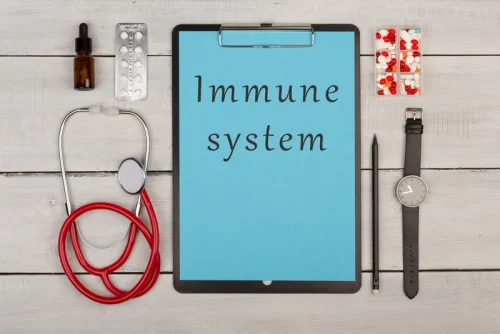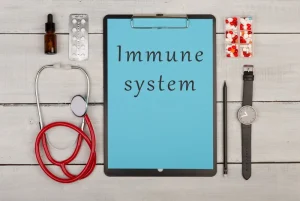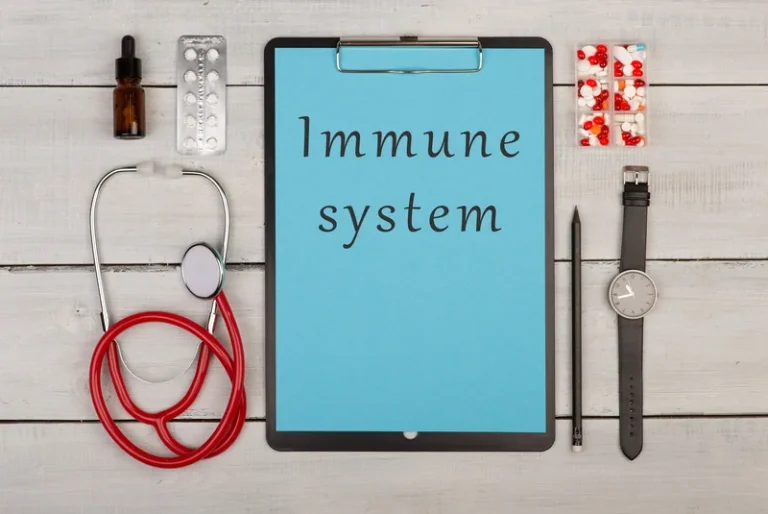
While bumping into something while drinking may seem relatively harmless, the truth is that excessive drinking can set you up for serious injuries from falling or other accidents. Furthermore, in extreme cases, bruises from drinking can be a sign of liver damage, which can be dangerous. Examples of drinking in dangerous situations include driving while under the alcoholism treatment influence or drinking before operating some form of heavy machinery. There are many other potential causes of bruising, including injury, certain medications, and underlying medical conditions. If you’re concerned about bruising, talk to your doctor about other possible causes. If you notice that you bruise easily after one night of drinking, it may not indicate anything serious.
- First, alcoholics are more likely to fall and injure themselves, which can cause bruising.
- “It is important to be careful to avoid trauma to the lips, including lip biting.”
- Chronic alcohol consumption affected both the number and functioning of circulating CD4 T-cells, and the more these were affected, the more the liver was damaged 25.
- Hydration plays a crucial role in maintaining overall health, including vascular integrity.
Blood thinning effect

Brain changes from alcohol and bruising repeated alcohol misuse lead to compulsive drinking and make it difficult to stop without treatment. If you experience frequent or severe bruising after consuming alcohol, it’s advisable to consult a healthcare professional. They can assess your overall health and determine if there are underlying issues that need addressing, such as liver function or nutritional deficiencies.
People with Alcohol Use Disorder

The part of the brain that controls co-ordination and balance, the cerebellum, can deteriorate under the influence of alcohol, making you look unsteady on your feet. As alcohol dries the skin, our natural defence against pathogens, this can also lead to repeated skin infections. End-stage alcoholics are also at a high risk of dying from accidents, trauma and suicide.
Course of the addiction treatment
- This can cause you to be sore after drinking, because electrolyte imbalances are linked to muscle cramping, especially after physical activity.
- So in summary, alcohol both increases your risk of trauma while also impacting the body’s ability to prevent and recover from injury.
- We’ve also partnered with Moderation Management, a non-profit dedicated to reducing the harm caused by the misuse of alcohol.
- People with heart disease often lack energy because the heart muscle is under stress.
If you’re concerned about your tendency to bruise easily—especially if you’re a regular drinker—consulting with a healthcare professional is advisable. They may recommend tests like a complete blood count (CBC) or liver function tests (LFTs) to assess your overall health status. Occasional drinking of fewer than two glasses per day is acceptable, but it’s best to familiarize yourself with signs of alcohol addiction and to prevent developing an alcohol use disorder. And since the liver controls blood clotting, alcohol-related liver disease can cause increased bruising, as well. But as you continue to drink, you become drowsy and have less control over your actions. Running into furniture, falling into a something hard, or being struck by a flying object could all leave you with bruises.
Can chronic alcohol use worsen bruising?
Alcohol consumption can lead to bruising due to its effects on blood clotting and liver function. Immunologic disturbances thereby acquired could have constituted a basis for a hypersensitivity-like reaction after ingestion of alcohol. Schamberg’s disease induction by vinegar may point to an involvement of acetate, a metabolite of ethanol.
- Sunnyside is the leading alcohol health platform focused on moderation and mindfulness, not sobriety.
- Tremors are signs of serious health problems, and you need professional care to detox safely.
- This is of particular concern when you’re taking certain medications that also depress the brain’s function.
- Binge drinking alcohol can be related to alcohol use disorders or mental health conditions.
- Because of this, we’ve put together a little guide for what to expect before and after having a filler treatment.
The Blood Thinning Properties of Alcohol
Exceeding these guidelines regularly can lead not only to bruising but also numerous other health complications such as liver disease, heart problems, and addiction issues. If possible, keep the treated area elevated so it is higher than your heart. This reduces bruising after cosmetic surgery by preventing blood from pooling in the treated area. After a facial procedure, elevate your head day and night by stacking pillows or using a bed wedge. Such a peculiarity was observed in a 55-year-old man with a 30-year history of heavy alcohol use.
The brain changes brought about by alcohol could make clear thinking difficult, and that could make it hard for you to stick to your commitments even if you want to do so. We’ve also partnered with Moderation Management, a non-profit dedicated to reducing the harm caused by the misuse of alcohol. Some people may also experience night sweats due to alcohol withdrawal syndrome or alcohol intolerance. Hence, drinking before bed can cause sleep disruptions later in your sleep cycle and lead to insomnia symptoms over time.

Alcohol Consumption
Bruises all over your body after drinking because the wounds take more time to heal and let blood leak under the skin. Have concerning symptoms evaluated promptly to rule out underlying bleeding disorders needing treatment. So in summary, alcohol both increases your risk of trauma while also impacting the body’s ability to prevent and recover from injury. But long-term and excessive alcohol consumption can lead to liver inflammation (liver hepatitis). If you’re experiencing alcohol symptoms like easy bruising, or you simply want to break free from alcohol misuse, Confidant is here to help.
He emphasizes a holistic, patient-centered approach and stays updated on the latest in addiction research. Trent Carter, FNP-BC, CARN-AP, is a seasoned nurse practitioner with over a decade of experience in addiction medicine. Patrick has tremendous empathy and compassion for the recovery community, being in recovery himself since 2018.




 Facebook
Facebook Instagram
Instagram Yelp
Yelp